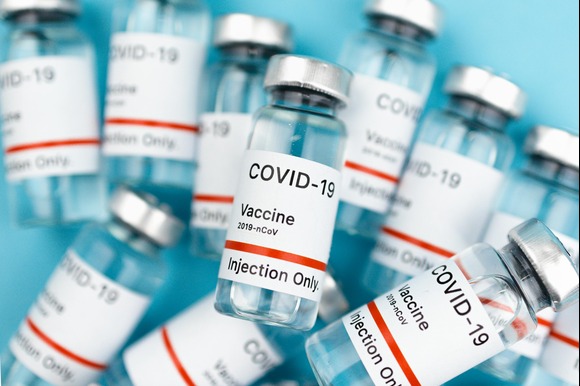The U.S. Food and Drug Administration (FDA) on Friday officially approved Novavax’s Covid-19 vaccine but imposed specific limitations on the groups eligible to receive it.
As outlined in the agency’s approval letter, the newly issued license limits the use of the vaccine—marketed as Nuvaxovid—to individuals aged 65 and older, as well as to people between the ages of 12 and 64 who have at least one pre-existing medical condition that increases their likelihood of experiencing severe complications from a Covid-19 infection.
The letter, however, did not elaborate on what types of underlying health conditions would qualify an individual for vaccination under these guidelines.
In addition to these usage restrictions, the FDA also postponed the requirement for pediatric studies covering children from birth to under 12 years of age. The agency stated that this part of the application remains incomplete because Novavax has not yet concluded the necessary clinical trials involving younger age groups.
Novavax CEO John Jacobs characterized the regulatory approval as a “significant milestone,” emphasizing that the decision paves the way for broader access to the company’s vaccine.
Questions about the future of the vaccine had emerged earlier in the year after the FDA failed to meet its original April 1 target for granting approval. In a CBS interview that month, U.S. Health and Human Services Secretary Robert F. Kennedy Jr. explained that the delay was due in part to concerns related to the vaccine’s composition.
Unlike the mRNA-based vaccines developed by Moderna and Pfizer, Novavax’s Covid-19 shot uses a more traditional protein-based technology. Due to manufacturing complications and challenges in obtaining regulatory approvals, Novavax missed out on the financial gains reaped by its mRNA-based competitors during the height of the pandemic.
Despite these setbacks, the company hopes that the FDA’s green light—albeit limited—will reinvigorate interest in its vaccine and offer another option for people seeking alternatives to mRNA-based immunizations.






